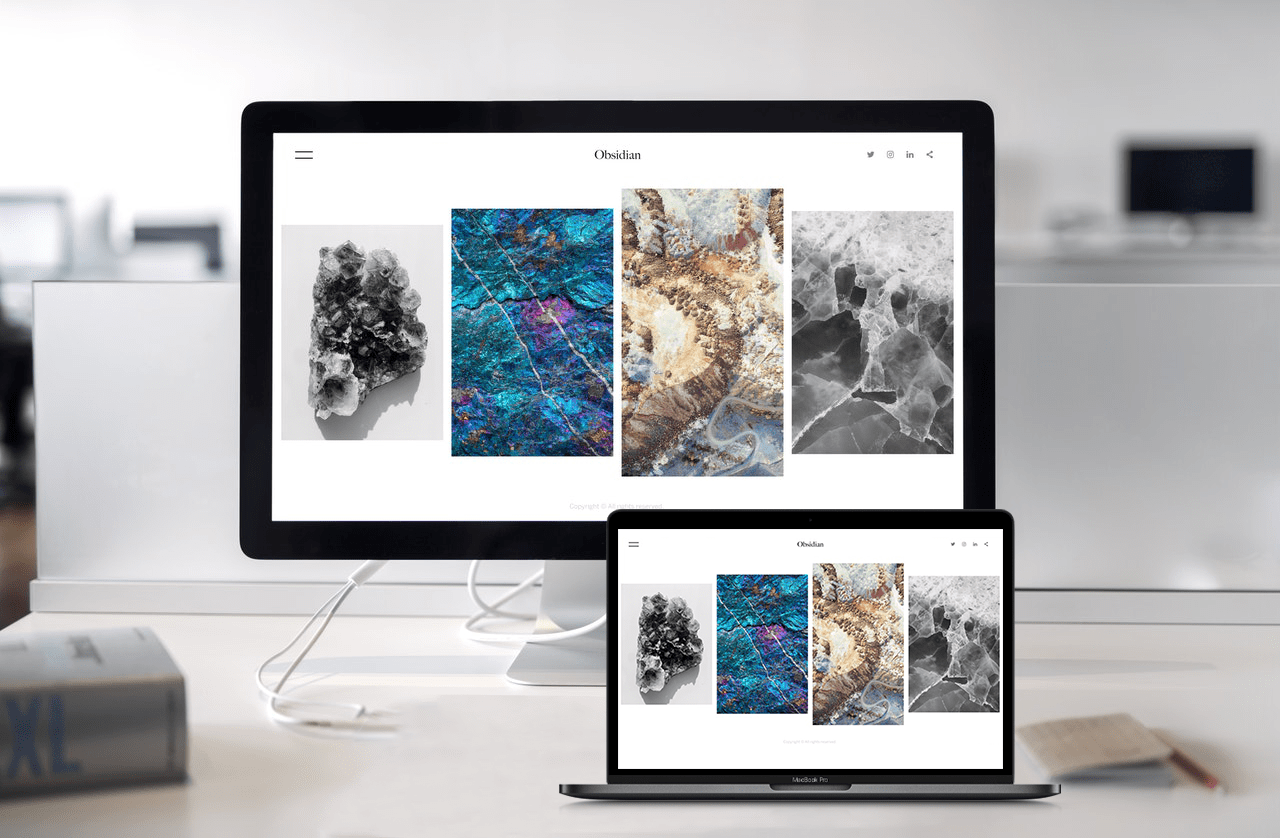In the digital age,
screen mirroring technology has become a core bridge connecting mobile devices and large-screen displays. Whether for work meetings, classroom teaching, or home entertainment, wireless screen mirroring delivers an unprecedentedly convenient experience. This article will comprehensively explain the applications and tips of screen mirroring technology to help you master multi-screen interaction effortlessly.
Modern screen mirroring technology supports multiple protocols:
- Miracast: Wireless mirroring for Android/Windows devices
- AirPlay: Seamless mirroring within the Apple ecosystem
- DLNA: Streaming playback of media files
- Google Cast: Intelligent content casting
These diverse protocols ensure compatibility between different devices.
- Connect the screen mirroring device to the display’s HDMI port
- Switch the signal source to the corresponding port
- Connect devices to the same network
- Select the mirroring function to establish a connection
- 5GHz frequency band enables more stable transmission
- Wired network connection reduces latency
- Multi-device management for orderly switching
- Quickly mirror presentation documents
- Support turn-by-turn sharing among multiple people
- Real-time annotation of key content
- Instant display of students’ works
- Multi-screen comparison teaching
- Course content saved via QR code scanning
- Watch movies and TV shows on the large screen
- Cast mobile games for an enhanced experience
- Share photos and videos with the whole family
- Check network connections
- Try restarting devices
- Update firmware versions
- Optimize the network environment
- Reduce the number of connected devices
- Select appropriate resolution
- Check output settings
- Adjust synchronization parameters
- Update audio drivers
- Privacy Protection: Hide notification content during mirroring
- Power-Saving Mode: Reduce power consumption with streaming playback
- Multi-Tasking: Use other apps while mirroring
- Remote Control: Adjust playback progress via mobile phone
- 8K ultra-high-definition transmission
- Low-latency competitive mode
- AI intelligent recognition optimization
- Seamless cross-platform switching
Screen mirroring technology is reshaping our work and lifestyle. With simple connection settings, seamless interaction between small and large screens can be achieved, making information sharing more efficient and convenient. As technology continues to advance, screen mirroring will become a standard feature of smart devices, bringing users a richer experience.

